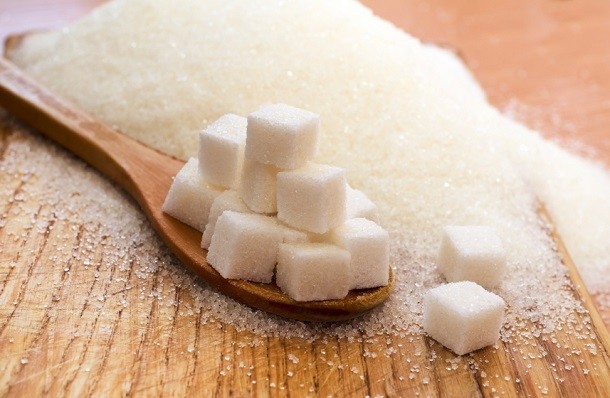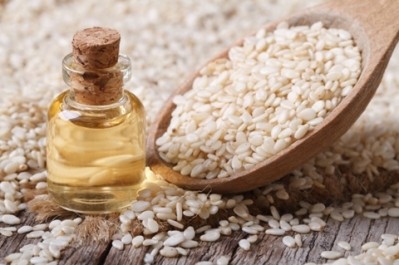Replacing sugary drinks with artificially sweetened ones unlikely to reduce type 2 diabetes risk, study says

Simply switching to artificially sweetened drinks or fruit juices likely will not reduce the risk of developing type 2 diabetes as these beverages, along with sugar sweetened drinks, are positively – although not causally – associated with the development of type 2 diabetes, the researchers add in a study published July 21 in The BMJ.
The team of researchers led by MRC Epidemiology Unit at Cambridge University reviewed 17 observational studies, none of which were funded by industry, and found the incidence of type 2 diabetes increased 18% per serving per day for habitual drinkers. When obesity, a potential confounding factor, was taken into account this dropped to 13%.
Artificially sweetened drinks and fruit juices, which have been suggested as a healthier alternative for sugar sweetened beverages, also were associated with an 18% and 7% increased incidence of diabetes per serving per day after controlling for obesity.
While bias and other confounding factors weaken the evidence of association with artificially sweetened beverages and juice, the researchers could find little evidence of additional benefits from these drinks – making them unlikely to be healthier alternatives, according to the study.
With this in mind, the study adds, “fruit juice consumption should not be a part of dietary recommendations for greater consumption of fruits and vegetables,” and should be limited by children.
The findings reinforce the 2015 dietary guidelines advisory committee’s controversial recommendation that Americans should drink fewer sugary drinks. The blunt recommendation earned appreciation from the Center for Science in the Public Interest, and criticism from the American Beverage Association.
The researchers stressed their study does not show a causal relationships, but they hypothesized the sugars in the sugar sweetened beverages could acutely increase blood glucose levels and have a higher glycemic index. In addition, they say, fructose promotes hepatic lipogenesis and insulin resistance.
They also hypothesize artificially sweetened beverages “might have effects on hormones, microbiota and taste preferences, but evidence for these remain weak.”













